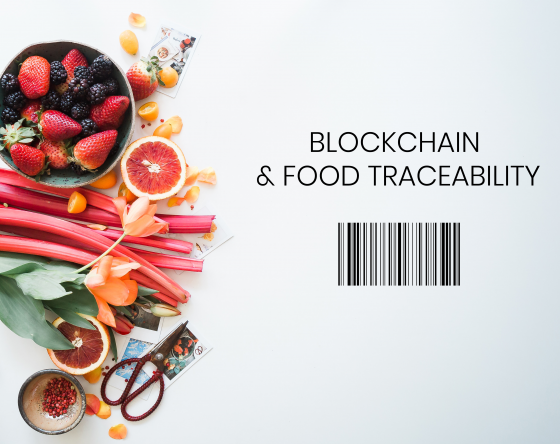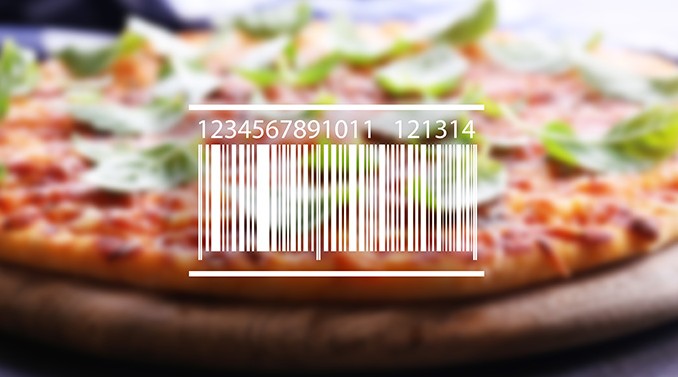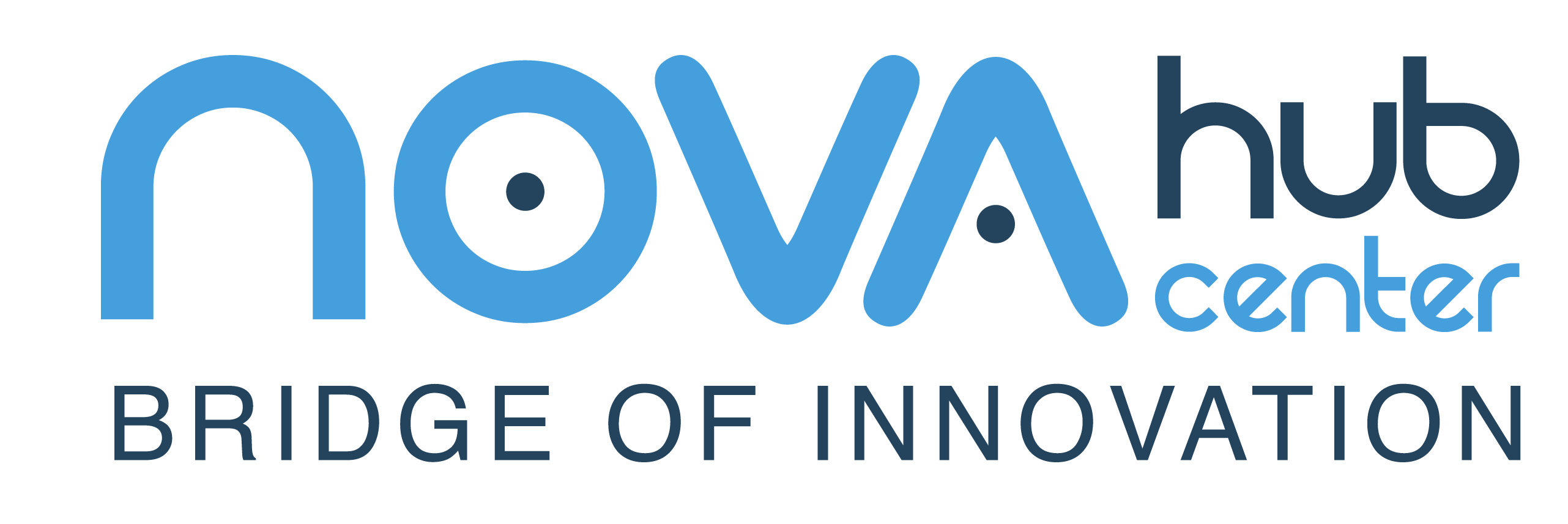
HOW CAN BLOCKCHAIN BE INTEGRATED IN FOOD TRACEABILITY ?
HOW CAN BLOCKCHAIN BE INTEGRATED IN FOOD TRACEABILITY ?
TRACEABILITY ISSUES
With the demographic explosion, food flows have skyrocketed in recent years and this trend will continue to intensify in the years to come. On the other hand, people are giving more and more importance to what they eat, from the quality of the processing standpoint to the means of delivery or origin of the food. This latter is at the heart of the concerns of people who want to eat products from a local distribution channel. The problem is that today, opacity is omnipresent, impunity reigns, and there is a huge gap between theory and practice. Consumer safety has become a real challenge, even though it’s not always respected. We remember food scandals such as the Spanghero affair of horse meat in France in 2014 or IKEA Fecal Pies in 2012.
Traceability is defined as a technique that makes it possible to trace the history, use and composition of industrial or food products from the production chain to the distribution and consumption chain. Its role in the industry has become major, particularly in the food sector, for several reasons:
To achieve this, many players have entered the traceability sector and are trying to change things and provide innovative solutions in order to regain the trust of consumers, who have become far too suspicious.

BLOCKCHAIN, A NEW REVOLUTION IN TRACEABILITY?
For that, many companies have bet on innovation, especially on the blockchain solution. This term, born in 2008, is now a fashionable concept. By definition, the blockchain is a technology for storing and transmitting information, which is transparent, secure, and operates without a central control body. Although used a lot in the financial sector, especially with the Bitcoin, it has only been a few years since we started talking about blockchain in the food sector.
In the food industry, this innovation appears as a solution to revolutionize traceability. Indeed, the blockchain makes it possible to move up the food supply chain without needing the intervention of third parties. Thanks to the technology, the consumer can now easily find out what the food is made of or whether it comes from a local channel or not. But the innovation satisfies not only the consumer but all actors involved in the supply chain. The distributor will be able to easily move up the supply chain if a product arrives on the shelves by mistake whereas the producer ensures his product has not been altered during the supply process.
Finally, blockchain appears to be the perfect tool because of its reliability, agility, reactivity, quickness, transparency and confidence. From start-ups like Tilkal and its blockchain platform to multinationals such as Carrefour that plays the role of the pioneer, there are more and more players using this technology.
Despite its young age in the food industry, the blockchain seems to have a bright future ahead, even more now with traceability being now mandatory in Europe since December 2016.
Nevertheless, blockchain could have negative environmental repercussions due to the large data storage capacity and therefore increased energy consumption. To be continued…




 English
English Español
Español